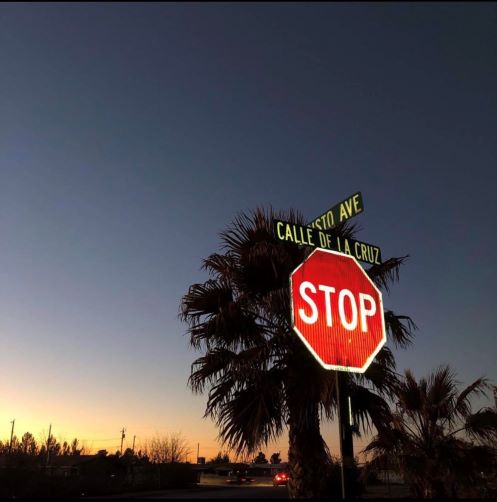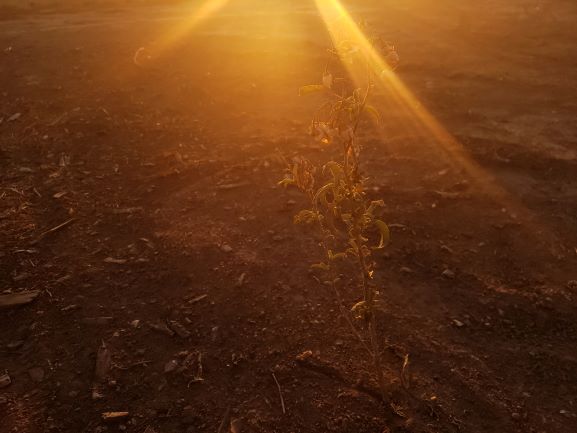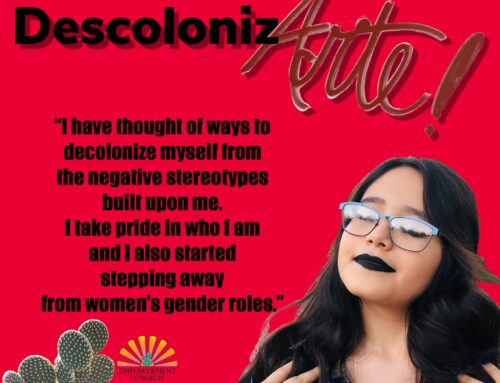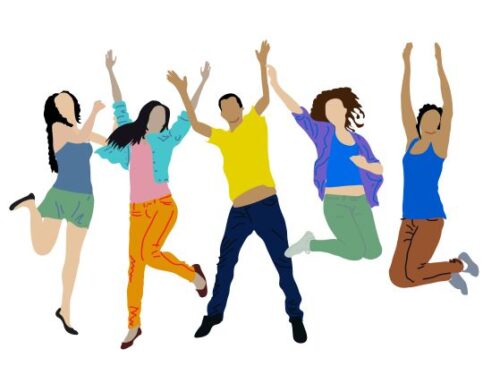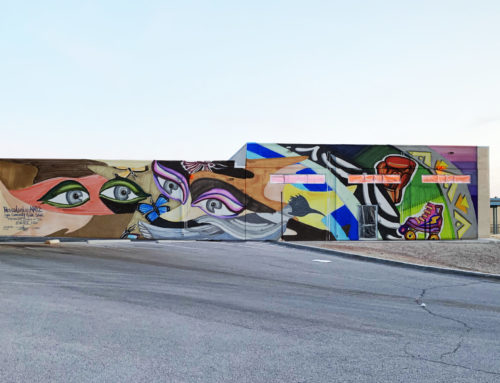The Empowerment Congress of Dona Ana has developed a longstanding connection with the local community’s youth by cultivating a relationship of mutual learning. We believe that every youth can become leaders in their communities. They simply need to be guided there and empowered to use their voice. As the Empowerment Congress pushes to teach essential youth skills and relevant information required to be influential leaders in the community, we also take a moment to sit back and appreciate how we can learn from them. The reality is that these young people sometimes know more about the communities we are trying to empower. It is essential to acknowledge the value of including these young people in the conversations we have about their homes. They are the generation that is going to inherit the communities we are living in today, and they will be the ones who will be able to bring about the changes needed for their communities to prosper.
DescolonizArte is a program we created to foster a space where the youth can feel safe to hold conversations and think critically about social issues. We also want the youth to use this space to discover, create, and understand their identity and others’ identity and how they fit into their communities and the world around them. Every week the youth participants are guided through a lesson about varying topics about society, identity, and our history. After engaging in a healthy discussion, we move on to the action.
Art has had a longstanding relationship with activism and social justice. Art allows us to tell the stories of marginalized communities in ways that evoke emotion and call for change. Art allows these communities to build the narrative surrounding them, and it provides a method of storytelling that shapes the way we talk about social issues. Art is the action we chose to engage and enact activism in the youth. We have an art mentor who teaches and guides the students in different art techniques and utilizes them to express their activism. We do everything from photography, painting, and drawing. At the end of each semester, we plan a significant public art project to encapsulate the semester and shed light on our communities’ social issues or showcase our neighborhoods’ beauty and rich history. For the past few DescolonizArte semesters, our big public art projects have been murals. These murals are on display at different locations like the one in Berino with elements that reflect the beauty of the local environment and history of Berino. Each art project is different because no two communities are entirely the same. That is the beauty of DescolonizArte. We celebrate and bring together communities and their youth to learn, grow, and become strong independent leaders.
Our next DescolonizArte mural will be presented at La Casa in Anthony, New Mexico. Our art mentor Jose Montoya is working on this mural. He has gathered ideas and art from the students of our 2020 semester and creates a unique piece related to their experience. The mural will be completed by the end of the month. Be sure to check it out when you are in the area!
It is no secret that many social justice issues have been at the forefront of many people’s lives in recent times, and some are finding out about these issues for the first time. We highlight these issues much more when considering the transformative effects social media has had on our daily lives, allowing us access to more information not available to past generations. If you use social media, it is almost impossible for you to avoid seeing something related to an ongoing social justice issue, and this has only become more true in the past months. Social media has exposed today’s youth to current events and social justice concepts at a much younger age, translating into the newer generations’ increasingly progressive beliefs.
Because these issues are so prevalent in mainstream media, it is ineffective to prevent youth from being aware of them. Not only is it inefficient, but it is also an injustice to young people. The newer generation will be the one to inherit this world, and they are also going to be the ones that will have to fix many of the issues that past generations created. Many youths also do not have the privilege of ignoring these issues and are forced to learn the hard way by experiencing social injustice firsthand. Teaching young people about current social justice issues not only makes them aware of what is going on around them, but it also provides tools and insight necessary for many affected by these issues. It is not unlikely for a young person of color to experience racism sometime during their early life, which will not change if they are unaware of racism. The only difference is that a young person who is not aware of racism and why it happens will be more likely to internalize racism and believe it. They don’t recognize it as something that is not true and something they should discuss.
As we progress through the DescolonizArte program, we have found that many young people are already aware of their communities’ issues. Still, they are less aware of why these issues exist and are sometimes completely unaware of some of the forces that drive them. For example, last week, while discussing the history of social justice movements, we arrived at the topic of feminism and its history. We were surprised to learn that many of our participants were not aware that women were once considered their husbands’ property. While this is no longer the USA’s case, residual effects of that ideology still linger in our society today, as we see with the rampant objectification of women in media and the existence of gender roles in many cultures within the country. Students in many schools do not commonly gain this type of historical awareness, and it provides the context needed to advance social justice movements today. After finishing that day’s discussion and allowing time to reflect on it, one of our members shared with us that they had begun taking extensive notes of the material. That was not something we asked of her. She expressed that many of the concepts we were presenting were new and unfamiliar to her. It helped reinforce the idea that youth are willing to learn about social justice issues and use their new knowledge to advocate for change.
Not only are they being given the tools and information needed to become an advocate, but they are also playing an active part in the direction of the program. All of the topics discussed have been topics that have been chosen by the members of DescolonizARTE. The program was always designed this way, where members would be the ones deciding what they will be learning about and which conversations will be had about the topics they choose. Members are learning an important lesson in leadership. They are learning about the power of voice and their potential to make a change and pave the way. Today’s young generation is ready to go out there and begin changing the world, all they need is some knowledge and a little extra push to have them be on their way towards activism.






